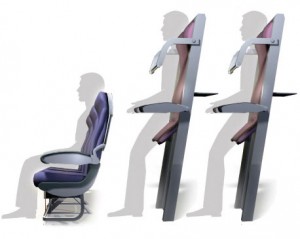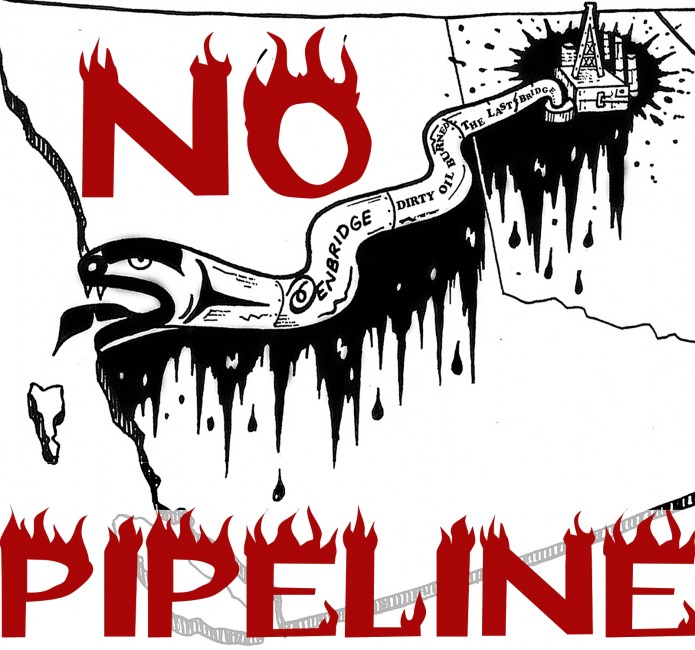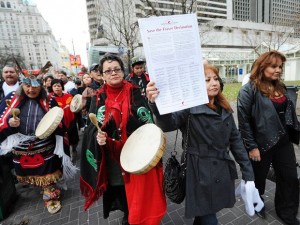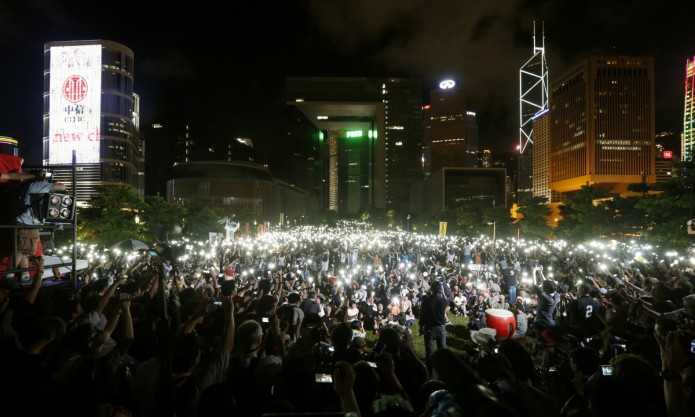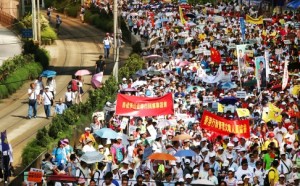A decade ago, Marvel Studios did not exist but was simply a comic-book publisher. Now, seven years later, Marvel is one of the leading forces in the movie-making industry and consistently generating revenue greater than that of Fox Studios or Warner Bros. Pictures. One blog from BusinessInsider argues that Marvel’s business strategy is worthy for concern in competitors.
I agree with this opinion piece and am willing to take a step further to acknowledge not only Marvel’s business model’s current success but also its potential as ground-breaking and revolutionary. The average method previously for producing comic-book based action movies was to approach a comic book publisher, usually Marvel Comics or DC comics, and purchase the copyrights and intellectual property of an individual character. This studio would then proceed to produce a standalone movie and reap almost all the benefits with the original comic book publisher receiving little to none. When Marvel decided to create its own studio and retain creative control in the entire process, they developed a new business model for movie-making that had not been explored before and was proving to be both difficult to replicate and exceedingly successful. They now had the ability to create a universe of characters which may feature other familiar faces or co-star with each other while not being direct sequels of one another.
This way of producing movies and creating a “cinematic universe” has quickly differentiated Marvel from its competitors and proved to be an effective sustainable competitive advantage.
References:
The implementation of Transmedia Storytelling by Marvel Comics
http://www.businessweek.com/printer/articles/192489-kevin-feige-marvels-superhero-at-running-movie-franchises


